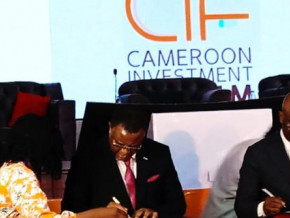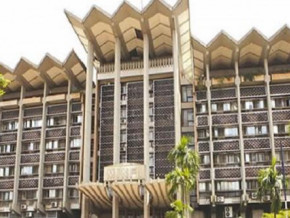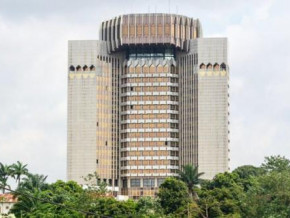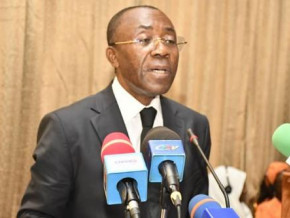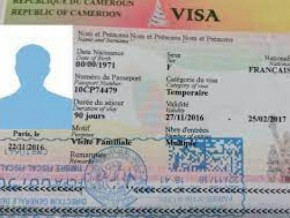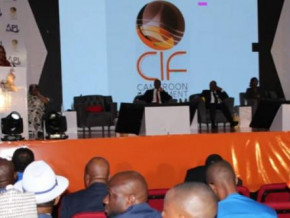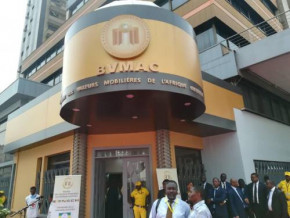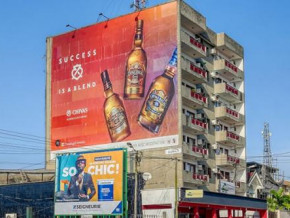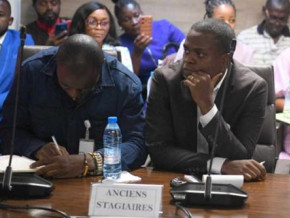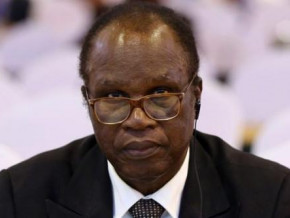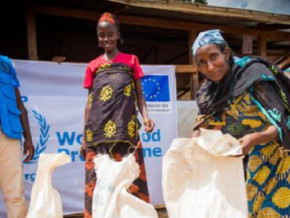
“Binding rules on burden sharing” are required for CEMAC’s defaulting member countries (IMF)
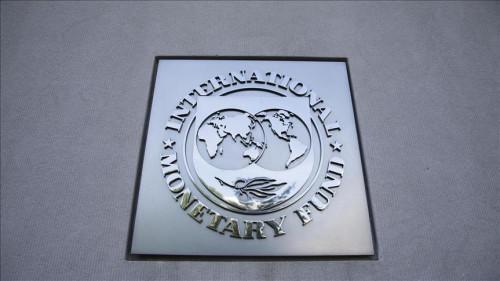
(Business in Cameroon) - The International Monetary Fund (IMF) published, on August 3, 2018, a report on international reserve management in the CEMAC (Cameroon, Congo, Central African Republic, Gabon, Equatorial Guinea and Chad).
In the first place, the IMF explains that ideally, each of CEMAC's member countries contributes equally to the pooled international reserve worth five months imports. “But what happens if a country falls below its target?”, the IMF wonders. “The answer to this question depends on the source of free riding, which can be of a temporary or a protracted nature, and may be voluntary (that is, unsustainable fiscal policy) or involuntary (external shock). In any event, the issue needs to be addressed to avoid abuse of the solidarity principle”, the Fund wrote.
To remedy the free rider issue IMF is referring to, “binding rules on burden sharing” are required. To better understand the institution’s statement, let’s remind the figures published by the Bank of Central African States (BEAC). Indeed, in 2017, Cameroon was the owner of 61%, amounting to CFA2,551.8 billion, of CEMAC’s external assets.
These external assets are owned respectively by CEMAC member states and the BEAC as follows:
- BEAC: CFA441.609 billion.
- Cameroon: CFA1,579.571 billion
- Congo: CFA138.338 billion
- Equatorial Guinea: a negative balance of –CFA50.809 billion
- Chad: a negative balance of –CFA118.421 billion.
The last two countries contributed to the decline of CEMAC’s reserves but, they enjoyed the solidarity principle.
“To mitigate the free-rider hazard, the solidarity principle could be invoked only during a limited time (a specified grace period) and for limited amounts (say, for up to N months’ worth of imports). The grace period is necessary for the defaulting member to be able to mobilize the financial means necessary to settle its outstanding obligations in an orderly manner (for instance, through liquidation of parts of its NSF). If a member’s default exceeds the grace period or the authorized import-months equivalent (N), the defaulting member should be required to take corrective measures to ensure restoration of its fair contribution to common reserves. To guarantee that the adjustment policies envisioned are appropriate, the rules could require that the policies be carried out under a peer-reviewed, multilateral surveillance process. Elements of time-bound gradualism could be built into this framework to allow the various mechanisms to operate smoothly and the defaulting member to adapt to its constraints” The IMF continues.
Sylvain Andzongo
Mags frontpage
- Most read 7 days
- shared 1 month
- read 1 month



